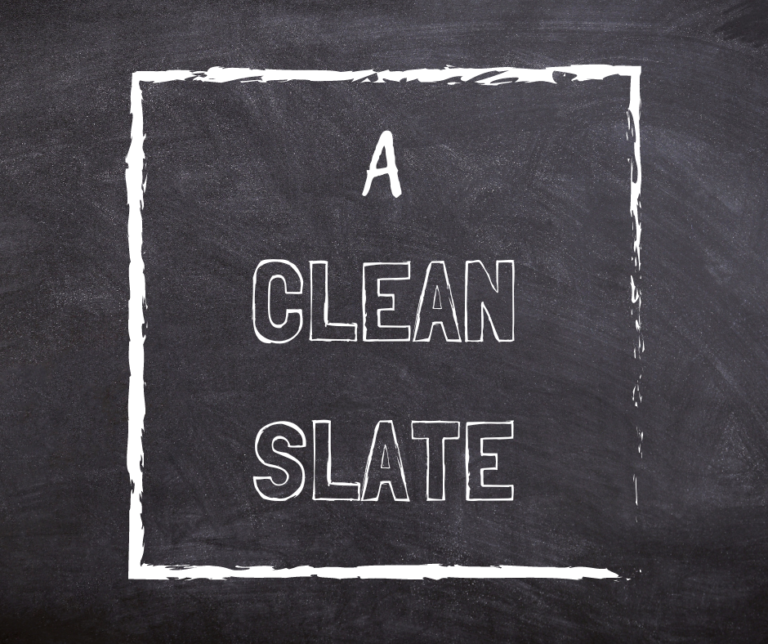What is Ban the Box?
“Ban the Box” is a hiring policy that prohibits employers from asking job applicants about prior arrests or convictions. The policy aims to remove from the employee screening process the stigma associated with prior arrests and convictions. To date, many states and numerous cities, towns and counties have adopted Ban the Box policies.
According to NELP, states that have passed Ban the Box legislation for publicly funded positions include Arizona, California, Colorado, Connecticut, Delaware, Georgia, Hawaii, Illinois, Indiana, Kentucky, Louisiana, Maryland, Massachusetts, Minnesota, Missouri, Nebraska, Nevada, New Jersey, New Mexico, New York, Ohio, Oklahoma, Oregon, Pennsylvania, Rhode Island, Tennessee, Utah, Vermont, Virginia, Washington, and Wisconsin.
The site also states the District of Columbia and several other localities have expanded Ban the Box policies to include government contractors.
Some localities have implemented even broader reaching Ban the Box policies. Austin, Baltimore, Buffalo, Chicago, Columbia, the District of Columbia, Kansans City (MO), Los Angeles, Montgomery County (MD), New York City, Rochester, San Francisco, Seattle and Spokane have expanded Ban the Box legislation to include private employers operating inside their jurisdictions.
Ban the Box Gaining Traction
Since President Obama endorsed Ban the Box policies by requiring all federal employers delay criminal background inquiries until later in the hiring process, support for Ban the Box has picked up speed.
Proponents of the policy feel such policies insure all applicants get a fair chance at employment by removing conviction history questions from job applications. The policy also prohibits employers from conducting personal background checks until later in the hiring process.
Ban the Box policies benefit more than those applicants with prior arrest or conviction records. Putting people with records to work also helps families, the overall community, and the local economy.
Ban the Box Can Backfire
Not everyone feels Ban the Box policies work. Some feel the policy results in employers using broader-based discrimination tactics during hiring. According to The Atlantic, such policies may indeed be hurting some of the exact groups they were designed to help. They go on to cite a study that supports this concern. In a research paper from the National Bureau of Economic Research, authors Jennifer L. Doleac of the University of Virginia’s Frank Batten School of Leadership and Public Policy and Benjamin Hansen of the University of Oregon explored how Ban the Box policies impacted the employment probability of younger and low-skilled, black and Hispanic men. They concluded that Ban the Box policies actually decreased the probability of being hired by 5.1 percent for young, low-skilled black men, and 2.9 percent for young, low-skilled Hispanic males.
How Core Screening Can Help
Employment screening regulations are constantly evolving. One inadvertent misstep can result in time-consuming and expensive fines, penalties, and wrongful hiring practice litigation. For over a decade, Core Screening has provided fast, secure, accurate background screenings and related services to employers across the nation. When you choose Core Screening for your background screening and related hiring needs, you can rest assured your organization will remain fully compliant with local, state and federal regulations.




